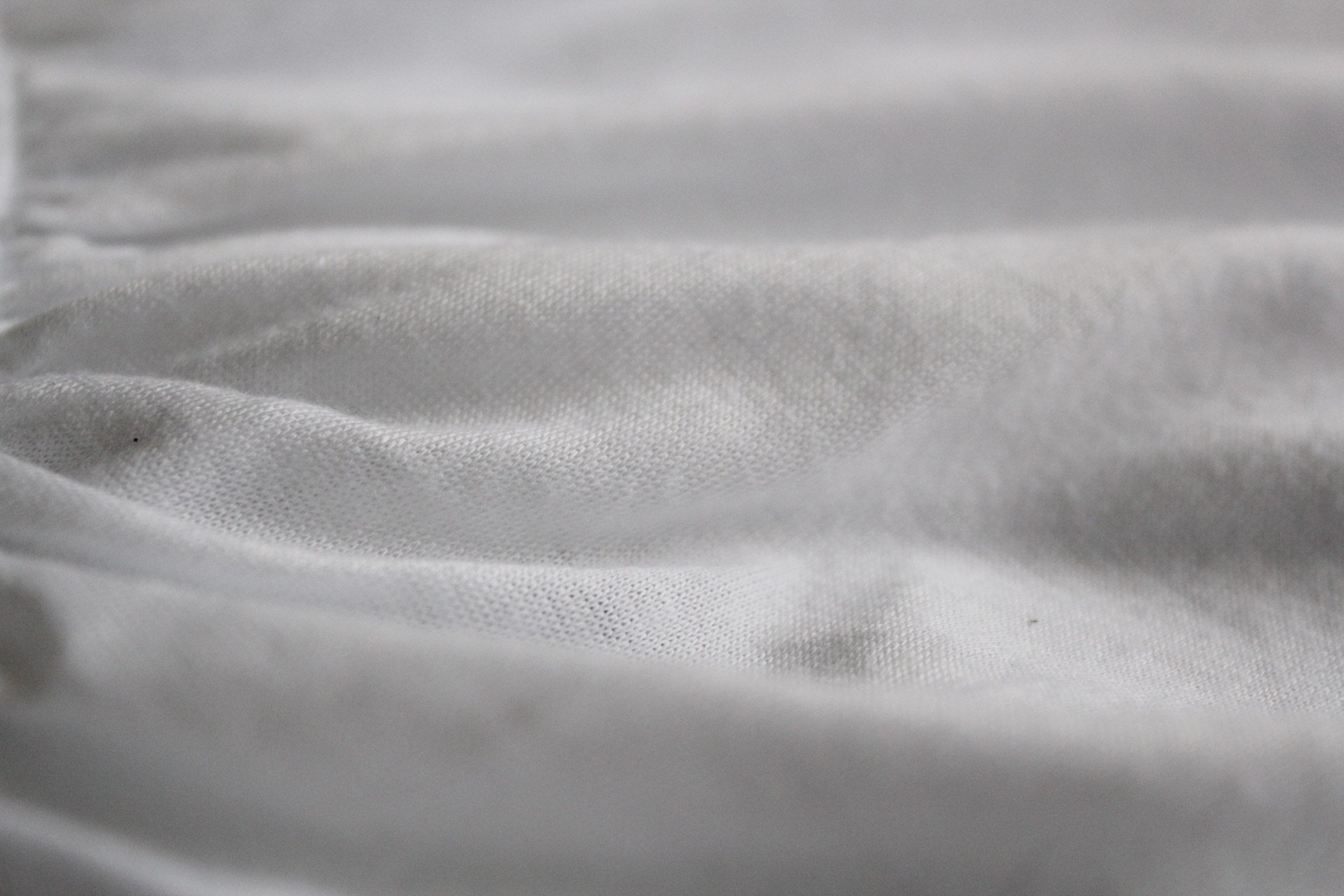Hoarding and Giving Away Others’ Possessions
Hanafi Fiqh
Answered by Sidi Wasim Shiliwala
Question: If someone in your family has the habit of holding on to things (i.e. hoarding), is it permissible to dispose/donate their things without their permission?
Answer: Walaikum As-salaam wa Rahmatullahi wa Barakatuhu,
May Allah reward you for your concern regarding your relative. However, disposing of or donating others’ property without their permission is impermissible. Rather, if you want to help them, you should advise them against this behavior.
Giving Away Others’ Possessions is Impermissible
So long as a person is legally responsible, meaning that they are a sane adult, then they are in complete ownership of all of their possessions. This means that so long as it does not harm or infringe upon the rights of others, they can do with their property as they please. This includes keeping them as well as disposing of them. [al-Majalla]
As such, it is impermissible for someone to dispose of, donate, or sell another person’s property without their explicit permission. Even if they have noble intentions, they still do not have any right over that other person’s property.
Maintaining Family Relations
In addition to being impermissible, you should also consider how this act might affect your relation with that family member. Remember that maintaining ties of kinship is an important duty in Islam, and disposing of a family member’s possessions is an almost certain way to ruin those ties. While you might think that you are helping the family member, that person will think you are stealing from them and destroying their possessions.
Rather, the preferable way to deal with such situations is to provide sincere advice and encouragement to the person. The Prophet (peace be upon him) said that this religion is “sincere concern (nasiha).” We should express this prophetic concern first and foremost to our families by encouraging them to live their lives in accordance with the teachings of this religion.
Hoarding is Against the Teachings of Islam
Indeed, it is not proper for Muslims to hoard things, and while you cannot force others to dispose of some of their possessions, you can at least encourage them to do so by reminding them of the Islamic teachings on the matter.
Remind them of Allah’s commandments against hoarding and excess. In the Qur’an, Allah admonishes us against “al-takathur” – the piling up of worldly possessions, which can ill distract us until our demise (102:1-2). Allah also warns against the sin of excess (israf), saying “Do not be excessive, verily He does not like those who commit excess” (6:141).
Remind them also of the timeless advice of the Prophet (peace be upon him): “abstain from the world and Allah will love you” (ibn Majah). Explain to them that if they truly want to keep their possessions, they should give them away, as Allah will reward them multiple times for such donations in the next life.
Remind them that when a goat was sacrificed and given out in charity, the Prophet (peace be upon him) asked Aisha (may Allah be pleased with her) how much of it remained. She said that only the shoulder remained, but he (peace be upon him) corrected her: “Everything remains except the shoulder” (Al-Tirmidhi).
The message here is that we will all die and the things we thought we owned will perish. It is only our deeds that will benefit us in the everlasting hereafter, so they are our only true possessions, and are more worthy of our attention and work. Instead of stacking useless pieces of plastic in this world, we should all strive to gather the unlimited treasures of the next. As Allah explains, “Whatever is with you will perish, and whatever is with Allah is everlasting” (16:96).
Sincere Help
With Allah’s help, that person will realize that they should not hoard their possessions, and that they can live comfortably with much less. At this point, you can offer to help them discern what is necessary and what is not, and to help them discard such items. Without this explicit permission, that property is still theirs, and as such cannot be taken from them.
Above all, Islam is here to purify our hearts, minds, and bodies. What takes precedence is curing the underlying problem – in this case, an unhealthy attachment to worldly things – before treating the symptoms. If the hoarding is severe, then you should help that person seek counseling, and that act will be of greater help and reward insha’Allah.
And with Allah comes success.
Baarak Allahu Fikum,
-Wasim
Checked & Approved by Faraz Rabbani
